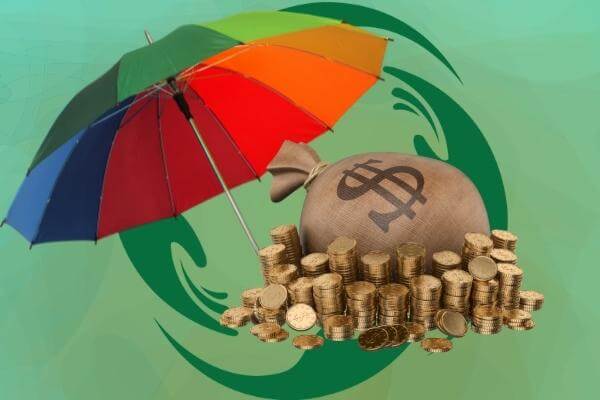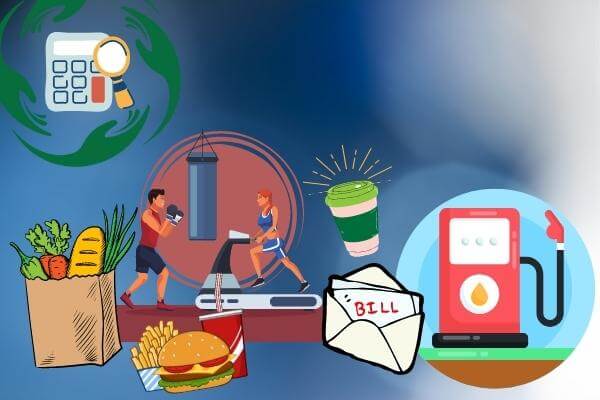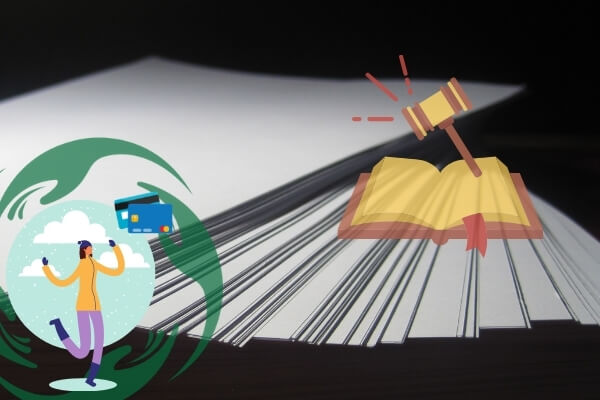There’s a good chance that you haven’t heard of the Credit Contracts and Consumer Finance Act (CCCFA), but it’s an important one! It’s the Act that protects you when you borrow money or buy products or services on credit. So, if you are using a credit card, getting a personal loan, using a store card or have resorted to a payday loan then this is an important read.
The Act requires lenders to always act responsibly and to ensure that you, the borrower, are making informed choices and know what you are agreeing to. There are certain things lenders must tell you when you borrow money. This is called disclosure of information.
For example, lenders must:
- make standard terms and costs of borrowing publicly available via their website or on clearly displayed notices at their premises. This helps borrowers compare the cost of borrowing and contract terms, and to shop around.
- give you important information in writing before you sign an agreement, eg annual interest rate, all fees, how you can cancel, details of their dispute resolution scheme.
Most lenders are responsible and provide the information about the loan etc, and meet these obligations already, but knowing how much your credit is costing you does not stop the lenders from charging fees and interest rates that make it almost impossible for you to repay the loan!! For this reason, the Act has been reviewed and changed.
Some amendments to the Act will come into force from 1st October 2021. You can read about the changes to the Act in more detail here.
Lenders will be working under new prescriptive requirements when assessing the affordability and suitability of loans. Additional registration and compliance will be required to be undertaken by lenders, and the responsible advertising standards also have new regulations.
One recent change to the Act means that lenders can no longer charge a total of more than twice the amount of the original loan (also called the principal).
For example, if you take out a loan of $150 to cover an unexpected bill, the lender can’t charge you more than $300. Previously a $150 loan could end up costing you hundreds more than that if you were charged high interest rates, late payment fees, etc. – borrowers could be paying back a lot more than twice the principal.
That is still a large amount of extra money to be paying off your loan, so it is important that you go into a situation with your eyes open – look out for the ways in which you will incur extra charges. These could be late payment fees, or ironically also early repayment fees!

Government Income Insurance
Well, that’s big news. Yesterday the Government announced details of a proposed state income insurance scheme, which would pay people who lose their jobs up to 80% of their wages/salary for up to six months. The proposed scheme covers people who lose their jobs due to...

Buying your first home shouldn’t be hard!
Buying your first home shouldn’t be hard

Newsletter February 2022
Welcome to 2022 and not so welcome to Omicron! So that was January, and it seems to have gone by in the blink of an eye.In this newsletter we are going to talk about: General thoughts – we have plenty of those. ???? Summary of January blogs...

How can a Financial Adviser help you?
Reflecting on some recent conversations, I have come to the conclusion that ethical Financial Advisers need to do a better job of explaining what we do and how we can save you money and help protect you.So what does a Financial Adviser do? We...

First Home Grant – what’s the deal?
The First Home Grant is “free” money from the Government to help you buy your first home, and also to help second chance buyers who are trying to get back into their own home. To have the best chance of maximising the First Home Grant, make sure that you are signed up...

What expenses do banks look at?
There is increased talk in the media about the CCCFA changes and the impact on everyone who wants to get lending. Why is it now so hard to get lending? The CCCFA requires lenders to see evidence of actual spending. No longer can they trust the figures you provide. ...

Newsletter January 2022
Happy New Year Building on Basics

Due Diligence Buying a House NZ
A property is one of the biggest purchases you are likely to make. It’s exciting and also a bit daunting, and there is a lot that you need to get lined up before the sale is completed. When you buy a house you need savings for your deposit, and also for the other...

Am I heading for Financial Hardship?
Avoiding Financial Hardship Does it feel like your money isn’t going as far at the moment? That’s not surprising. With inflation increasing and interest rates going up on an almost daily basis, the basic costs of life are on the rise. Ouch. It can be a real squeeze,...

Newsletter December 2021
Building on Basics Xmas 2021

